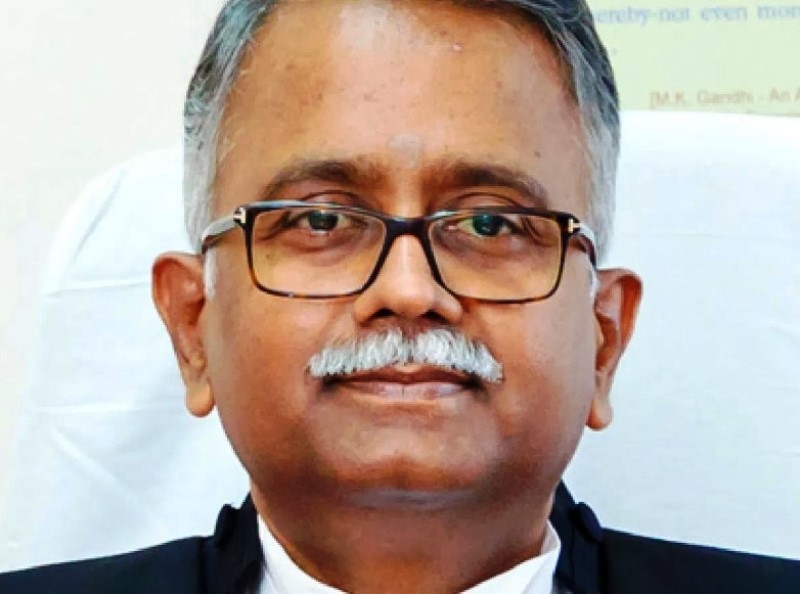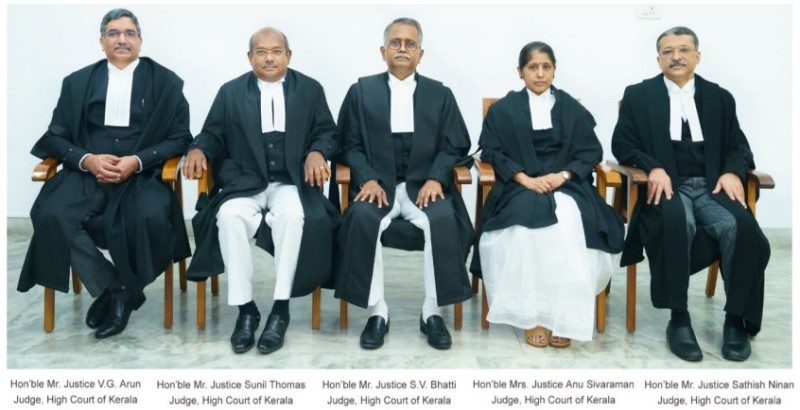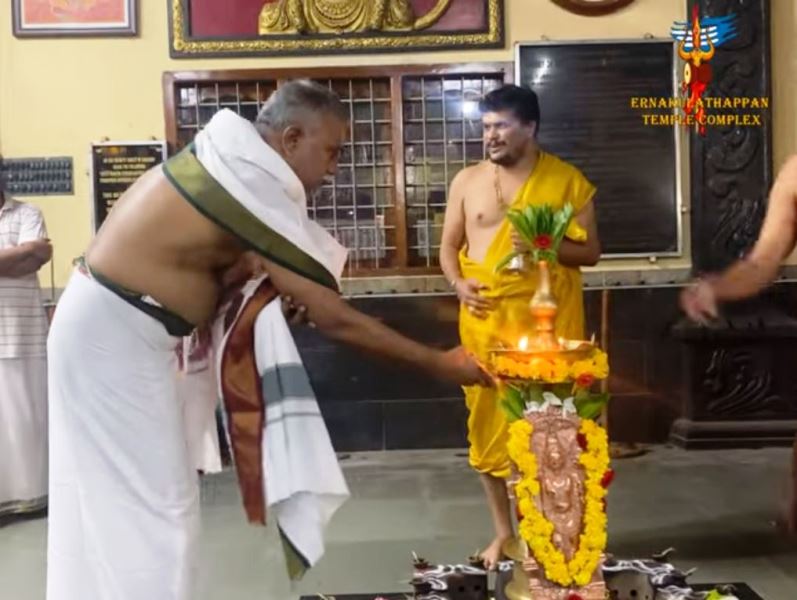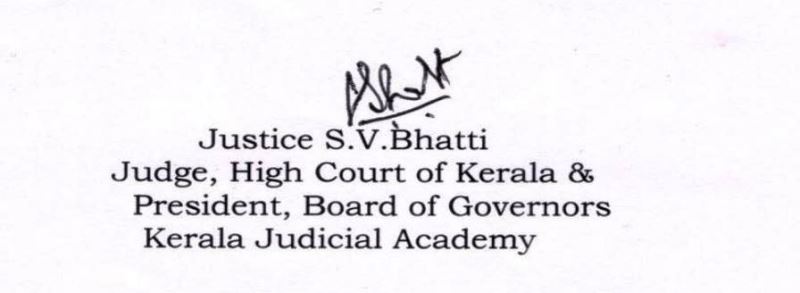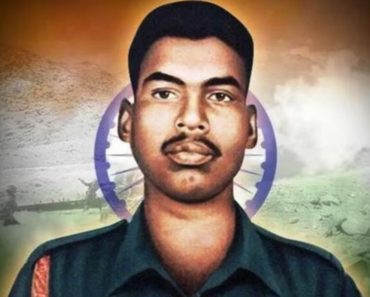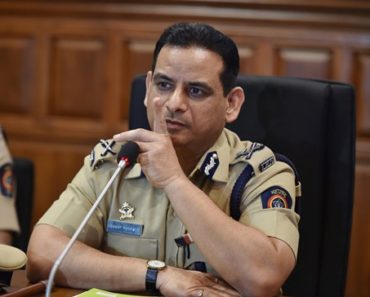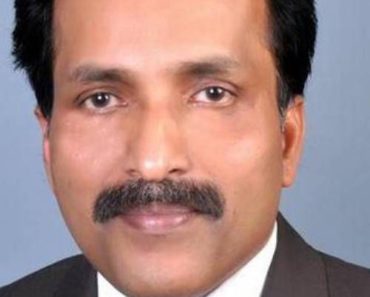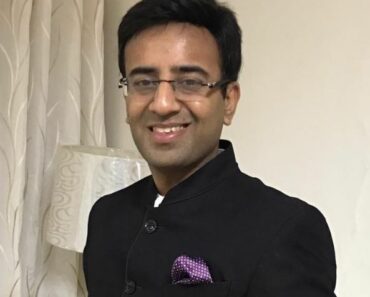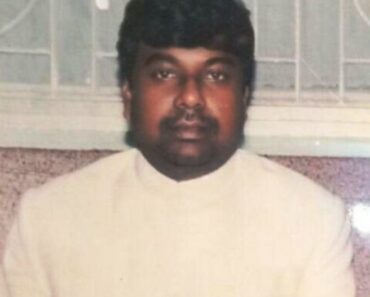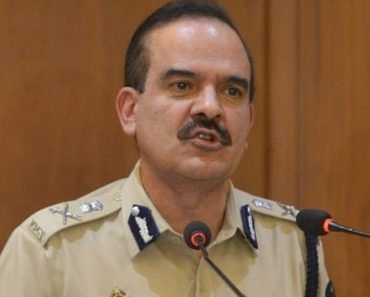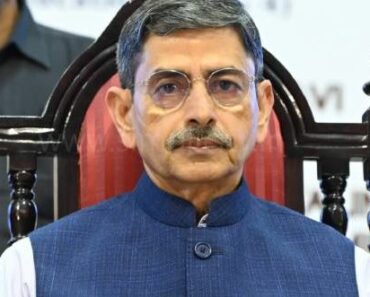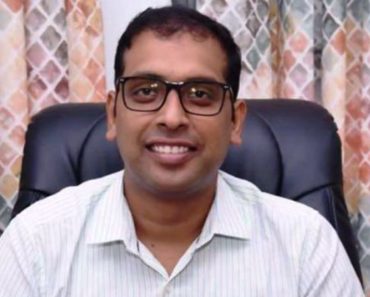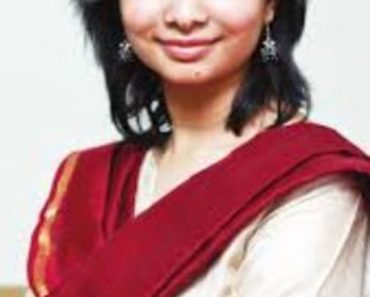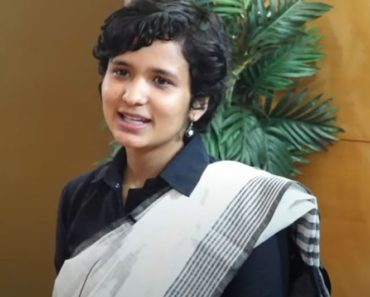SV Bhatti is an Indian Lawyer who was appointed as a Judge of Supreme Court of India on 14 July 2023. He served as Judge of Andhra Pradesh High Court (2013-2019) and Judge of Kerala High Court (2019-2023) before being appointed as Chief Justice of Kerala High Court on 1 June 2023.
Contents
Wiki/Biography
Sarasa Venkatanarayana Bhatti was born on Sunday, 6 May 1962 (age 61 years; as of 2023) in Madanapalle Mandal in Chittoor District of Andhra Pradesh. His zodiac sign is Taurus. He obtained a bachelor’s degree in law from Jagadguru Renukacharya College, Bangalore, Karnataka. [1]India Legal
Physical Appearance
Hair Colour: Salt & Pepper
Eye Colour: Black
Family
Parents & Siblings
His father’s name is Ramakrishnaiah, and his mother’s name is Annapurnamma.
Wife & Children
His wife, Anupama Bhatti, is a homemaker. He has two daughters, Vishnavi and Akhila.
Religion
Sarasa Venkatanarayana Bhatti follows Hindusim. He is an adherent devotee of Lord Hanuman. He regularly visits the Hanuman Kovil temple in Ernakulam, Kerala. In 2022, he became a part of the temple’s monthly Deepa Aradhana. [2]Ernakulathappan Temple Complex – YouTube
Signature/Autograph
Career
On 21 January 1987, he enrolled in the Bar Council of Andhra Pradesh and started practice in the High Court of Andhra Pradesh, Hyderabad. During his practice, he held various roles including serving as the standing counsel for organizations such as Hindustan Shipyard, Andhra Pradesh Pollution Control Board, Indian Maritime University, Bharat Heavy Electricals Limited, Bharat Electronics, BHPV, RSVP. He also served as the Special Government Pleader from 2000 to 2003. A specialist in environmental laws, Justice Bhatti has a special legal interest in civil laws, labour and industrial laws, and constitutional matters. On 12 April 2013, he was promoted to the position of Additional Judge of the High Court of Andhra Pradesh. In 2014, the state of Andhra Pradesh was split in two to form the new state of Telangana. In view of the bifurcation, the Andhra Pradesh High Court was renamed as the High Court of Judicature at Hyderabad. Bhatti continued to serve as a judge at the High Court of Judicature in Hyderabad for the States of Telangana and Andhra Pradesh until the bifurcation and establishment of the High Court of Andhra Pradesh in Amaravathi on 1 June 2014. He then served at Amaravathi until 18 March 2019, after which he was transferred to the Kerala High Court. During his tenure as a judge of the Kerala High Court, Justice Bhatti made significant judgments related to the practice of registration of vehicles in Puducherry for tax benefits, collection of tax deducted at source (TDS) from the income earned by nuns, power of the State government to regulate the sale of lottery tickets issued by other States and the 101st Constitutional amendment on GST. He served as the Judge of Kerala High Court from 19 March 2019 to 23 April 2023 and the Acting Chief Justice of Kerala High Court from 24 April 2023 to 31 May 2023. Additionally, he assumed the role of Chairman of the Kerala High Court Legal Services Committee.
Chief Justice of Kerala High Court
On 1 June 2023, he was elevated to Chief Justice of Kerala High Court; he served in this capacity till 13 July 2023.
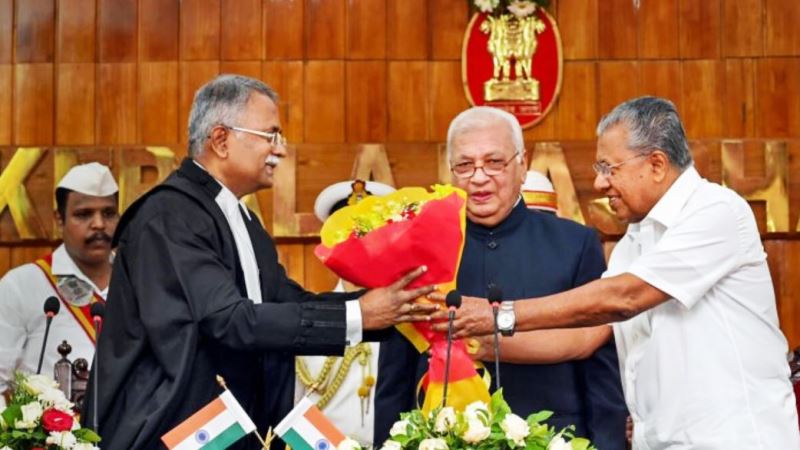
Kerala CM Pinarayi Vijayan presenting a bouquet to new Chief Justice of Kerala High Court Justice Sarasa Venkatanarayana Bhatti during the latter’s oath-taking ceremony at Raj Bhavan, in Thiruvananthapuram on 1 June 2023
Notable Judgements
Women Unwilling To Work at Night Can’t Be Denied Promotion
KF Jancy and 14 other employees of Kerala Lakshmi Mills, a branch of the National Textile Corporation (NTC) in Tamil Nadu, filed a petition requesting a directive to the management to refrain from compelling them to work beyond 7 p.m. The petitioners contested a notice that stated that female employees who chose to work night shifts would only be eligible for certain benefits. They argued that the NTC’s service regulations did not include the option to work night shifts as a requirement for seniority or fair opportunities for promotion. In July 2019, Justice S.V. Bhatti, upon reviewing the petition, observed that the condition mentioned in the notice could not be considered a guideline for determining the service conditions, including seniority or promotion, of the employees.
The Principle of Res Ipsa Loquitor Will Apply In Cases of Medical Negligence
In 2020, a bench comprising Justices SV Bhatti and Bechu Kurain Thomas ruled that the principle of ‘res ipsa loquitur’ would be applicable in a case of medical negligence when a patient experiences an unexpected complication that is not normally anticipated. ‘Res Ipsa Loquitor’ (the thing speaks for itself) is a rule of presumption applied in cases to presume negligence when certain attendant circumstances are proved. The High Court was dealing with a case involving a 29-year-old man who suffered paralysis and loss of hearing after undergoing surgery for the extraction of kidney stones. The judgement was laid down by the Kerala High Court in the case of M/s. PRS Hospital & Anr. Vs. P. Anil Kumar.
Nuns and Priests In Teaching Jobs Are Liable To Pay Tax
In 2021, a division bench consisting of justices SV Bhatti and Bechu Kurian Thomas reviewed a series of appeals filed by nuns and religious congregations challenging a ruling by a single bench. The ruling stated that TDS should be deducted from the salaries of nuns and priests working in educational institutions. TDS was not being deducted from the salaries of nuns and priests since 1944. The appellants argued that since the salaries earned by nuns and priests are handed over to the congregation as they have taken a vow of poverty, TDS should not be applicable. To this argument, the court stated that tax deduction is not dependent on how the income is utilized. Then, the appellants argued that since they undergo a concept known as ‘civil death’ according to Canon Law due to their vow; hence, they should not be considered ‘persons’ under the Income Tax Act. In response, the court ruled that the Income Tax Act does not recognize the concept of civil death.
Muslims of All Sects Are Entitled To Offer Prayers In Any Mosque And Bury Their Dead In Public Burial Grounds
In June 2022, a division bench comprising justices SV Bhatti and Basant Balaji held that a Jama-ath (congregation) cannot prevent Muslims belonging to other sects from offering prayers in the mosque or burying their dead in the public kabaristan (burial ground) on their property in the Elappully Erancheri Jama-Ath Palli & Anr v. Mohammed Haneef & Ors. case.
Judge of Supreme Court of India
On 14 July 2023, Justices Ujjal Bhuyan and SV Bhatti were sworn in as Supreme Court judges.
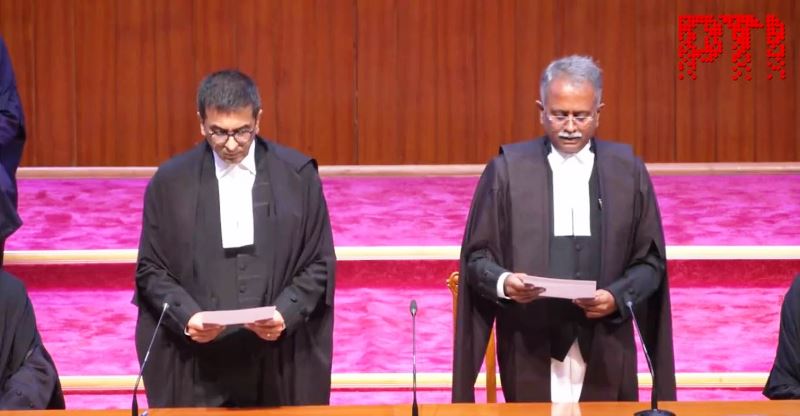
Justice Sarasa Venkatanarayana Bhatti taking oath as a Judge of the Supreme Court of India on 14 July 2023 in the presence of CJI DY Chandrachud
Facts/Trivia
- He has served as President of Board of Governors Kerala Judicial Academy.
- His retirement is due on 5 May 2027.
References
| ↑1 | India Legal |
|---|---|
| ↑2 | Ernakulathappan Temple Complex – YouTube |

